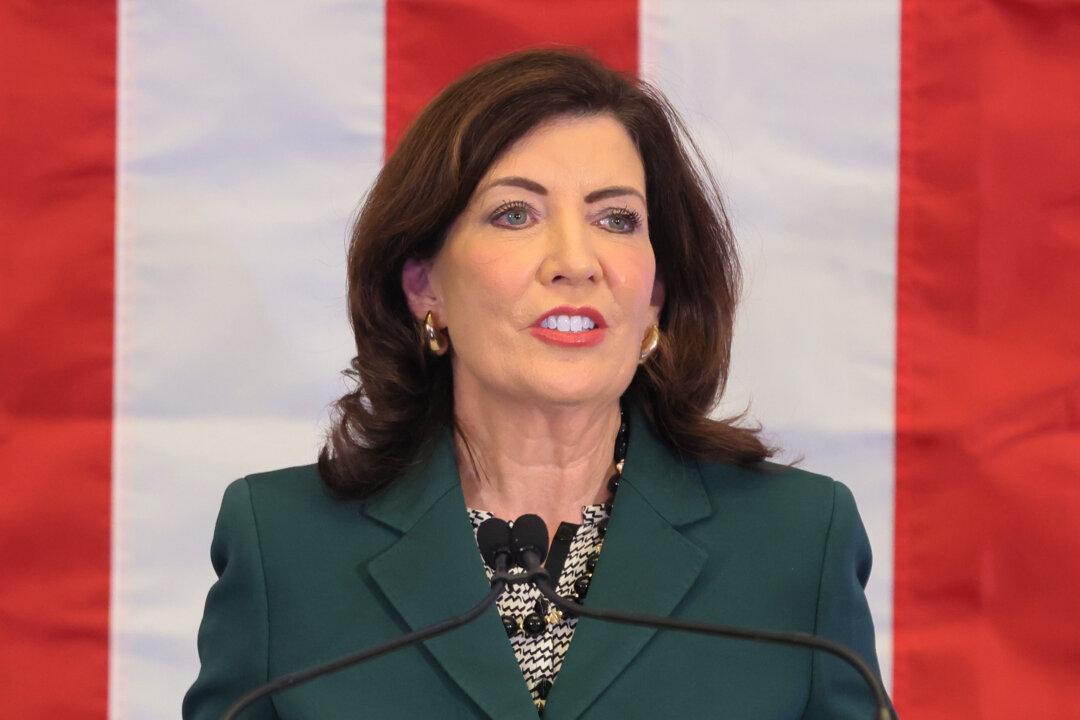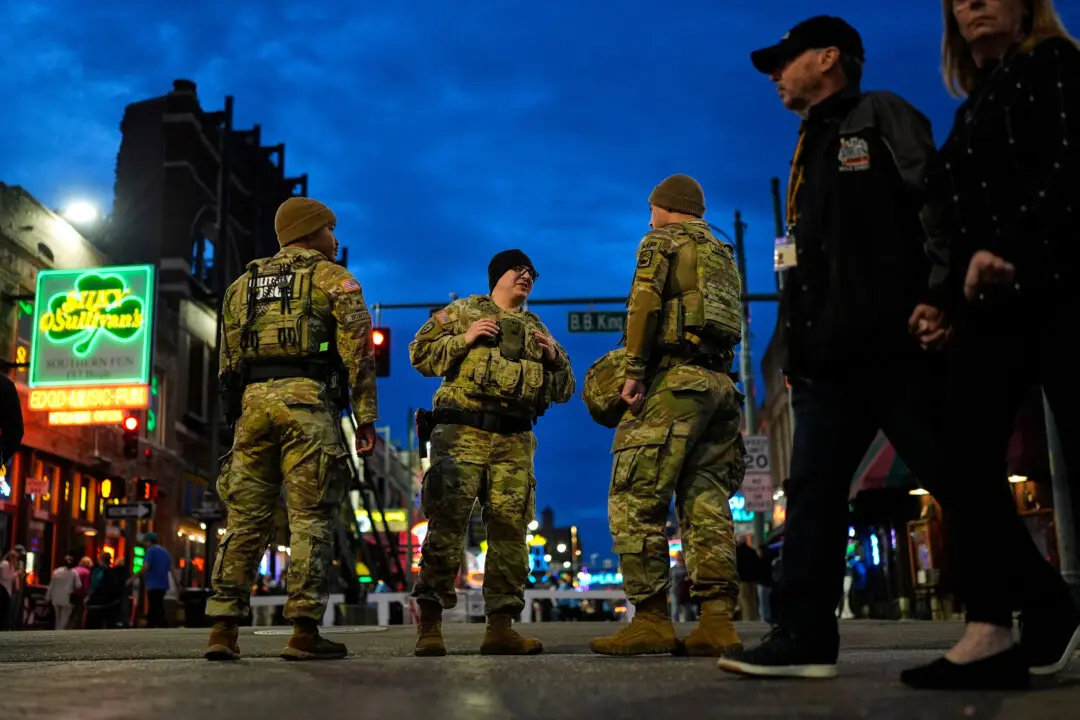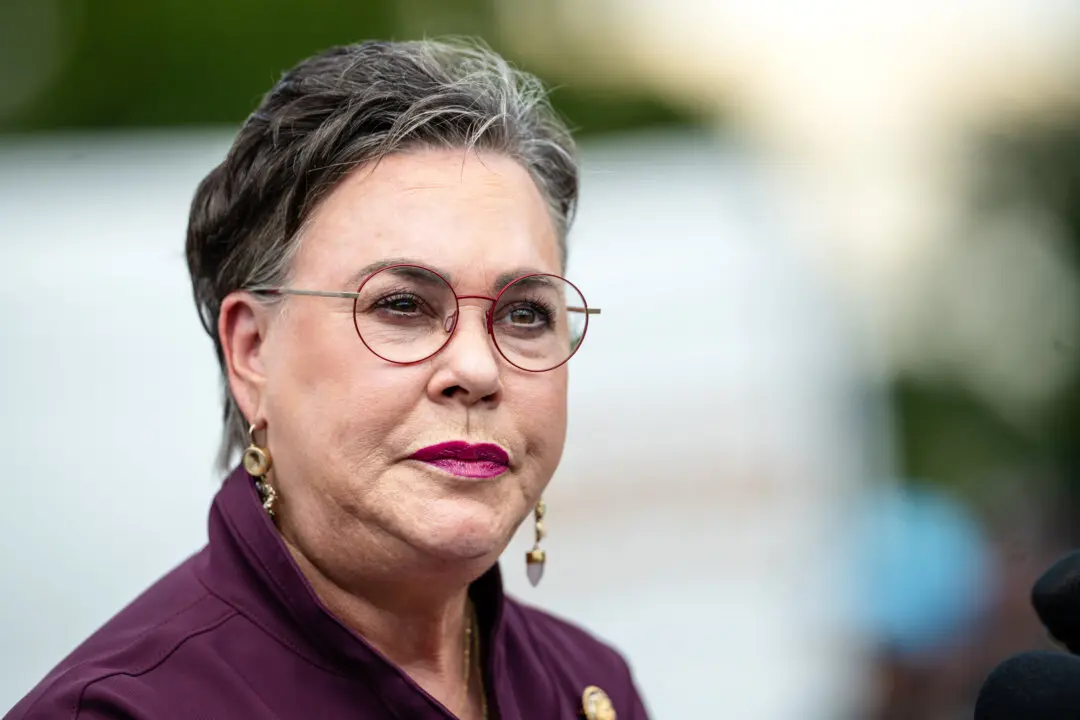New York is looking to dedicate about $2.4 billion for the next fiscal year to accommodate the needs of New York City’s growing illegal immigrant population, Gov. Kathy Hochul’s office said Tuesday.
This proposed amount accounts for roughly 1 percent of the record-breaking $233 billion plan to fund the New York government in Fiscal Year 2025, which begins in April. It not only more than doubles what Ms. Hochul, a Democrat, had previously pledged but also exceeds the investment in illegal immigrant aid for the current budget cycle.





